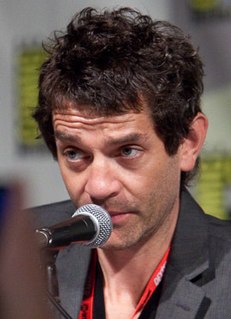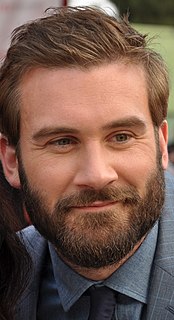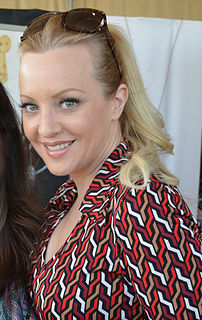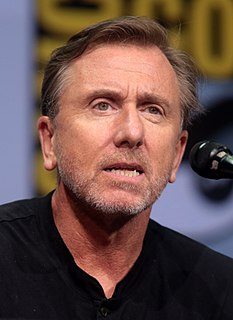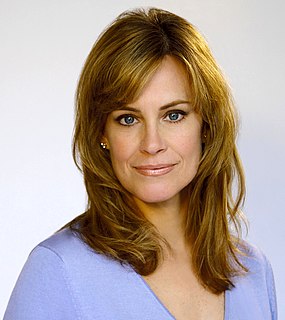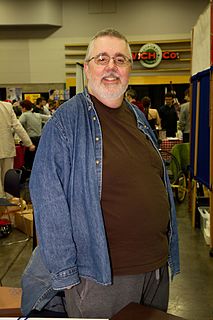A Quote by Morris Gleitzman
I used to get stuck trying to find the first sentence of a story, then I realised that it was often because I didn't know what problem a character was facing in the story. As soon as I did, I could have the character trying to do something about it or have the problem whack him between the eyes.
Related Quotes
The solution to a problem - a story that you are unable to finish - is the problem. It isn't as if the problem is one thing and the solution something else. The problem, properly understood = the solution. Instead of trying to hide or efface what limits the story, capitalize on that very limitation. State it, rail against it.
Improv is more than just spitting out a bunch of funny stuff that's unrelated to the material. You have to stay in character, you have to react and respond as the character you're trying to play. You have to service the story, and I think improv training has helped with my listening, responding, and my audition technique. It's sounds so silly, but it's true. Because not only do you improvise during the audition, but once you get the part, they'll say, "Throw away everything. Just improv this scene. Do whatever you want." Someone could panic if they're not used to doing something like that.
I've often said that there's no such thing as writer's block; the problem is idea block. When I find myself frozen-whether I'm working on a brief passage in a novel or brainstorming about an entire book-it's usually because I'm trying to shoehorn an idea into the passage or story where it has no place.
When something arrives, you have no idea what's in it, which is good. And then, it's is the story leaps off the page at you and how your character functions within it. There could be just one scene and if it's wonderful, it doesn't matter how much you're working on it because you just want to be in it. It's really about what your character's day to day world looks like, and if you feel like that's something that's complete, and that you'd like to inhabit for awhile. You'll know by a couple of scenes in. If the character grabs you, you run with it.
The problem facing humanity today is not a political problem; it's not a financial problem; it's not a military problem. It's obviously a spiritual problem. That is, it has to do with what we believe to be true about who we are, where we are, why we are where we are, and what are we doing on the Earth. What is the purpose of life itself? What we need right now are leaders or models, people who will stand up and not only help to write a cultural story, but help to model it in the way that they interact with each other.
I don't do all the background and the worldbuilding before I start the story. What I do is I work out the bare minimum I need to start the story, and often that really is a bare minimum - it's a character in a situation, and I know nothing about the character, I know nothing about the situation, and then I think about it for a long time, and make notes about where I think the story is going to go and so on, but I don't really make notes to do with the background or the magic system or the world.
When you screen it the first couple times, you're just trying to get the movie to work, trying to get the story to flow, trying to find out where your areas are where you have enough breath to laugh a little bit. So you're doing that the first two or three screenings, and then finally, you dial the movie in and it's working, and at that point, it's 50/50 as far as what's funny and what's working. Sometimes you'll put something in and it will just die so hard that it'll almost kill the movie.


